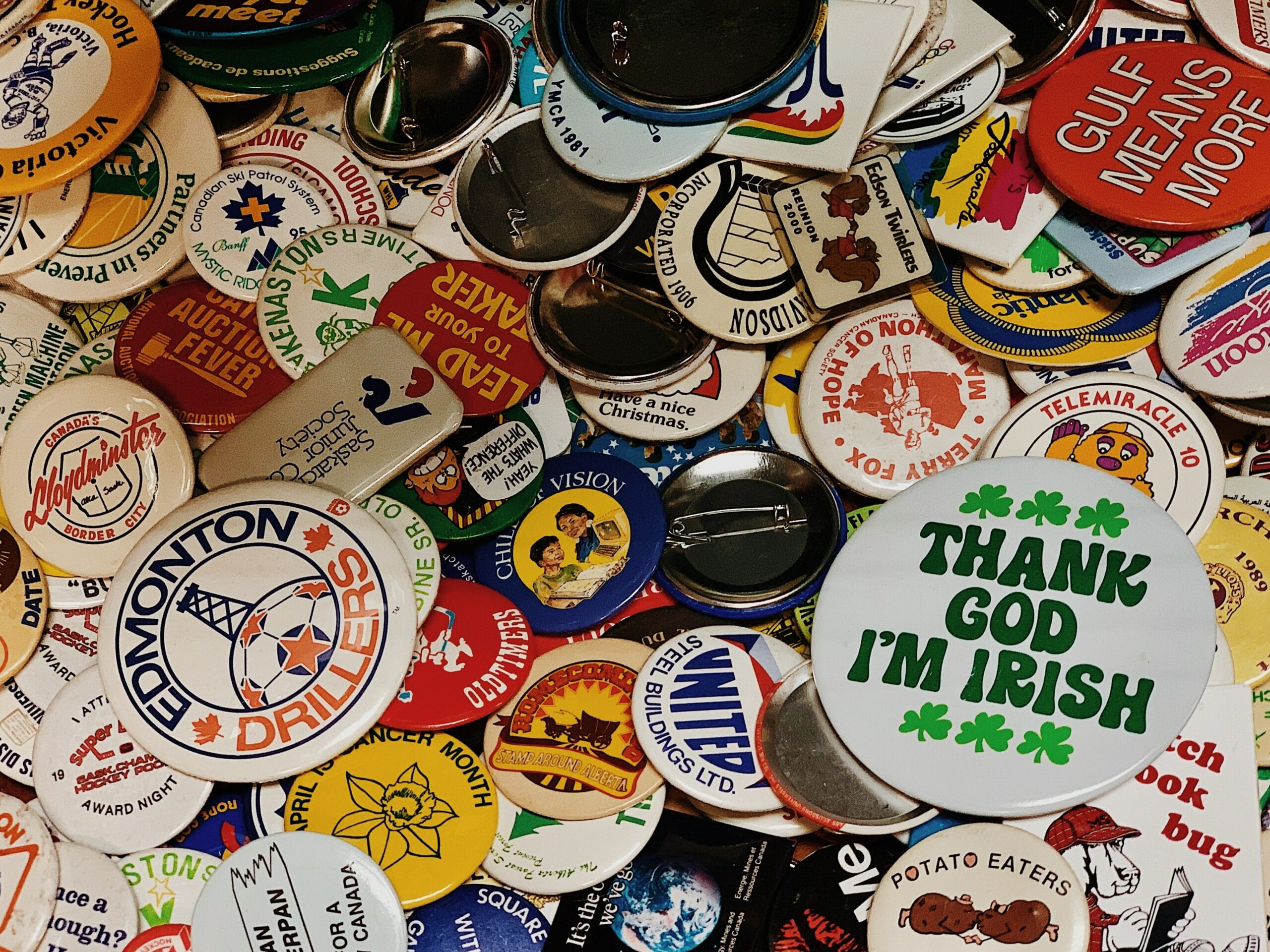Trademarks are words, marks, symbols, phrases, designs or logos that are placed on products or associated with services that can be used to create and cement customer loyalty and that can help drive sales and profits. To be effective — to function as a trademark — a trademark must be distinctive and unique in the minds of consumers and linked to the product or service. If a trademark is distinctive enough, it can be registered with the US Patent & Trademark Office. Registration of a trademark significantly enhances the legal protections provided by trademark law. In general, owners of trademarks can prevent others from using the trademark. Further, owners of trademarks can prevent others from using a confusingly similar trademark. If either of these happen, the owner of a trademark can hire trademark infringement lawyers to initiate trademark infringement litigation.
Most legal scholars, trademark attorneys and judges will rank trademarks in four categories on the basis of distinctiveness. These are:
- Generic or common words/symbols — having no distinctiveness
- Descriptive — have some or little distinctiveness (but can gain distinctiveness through use over time)
- Suggestive trademarks — are generally considered distinctive
- Fanciful and/or arbitrary — considered to be inherently distinctive
Note that whether a trademark is distinctive (or not) will often depend on the product/service with which it is associated. Take, for example, the famous trademark APPLE. As a trademark, APPLE would be merely descriptive if used with products sold by an orchard or fruit farm. Such a trademark would merely identify — describe — some of the products being sold. By contrast, APPLE as a trademark associated with computers, phones and devices is fanciful and arbitrary. The trademark is not descriptive because it does not even hint at what type of product is being sold. For this reason, APPLE as a trademark being associated with computer goods makes the trademark fanciful/arbitrary and, thus, makes the trademark distinctive.
Examples of Famous Descriptive Trademarks
Interestingly enough, one of the most famous international trademarks was originally descriptive. The trademark described a carbonated beverage that had, as its main ingredients, flavoring from the kola nut and coca leaves: COCA-COLA. That trademark is now, of course, a uniquely recognized trademark all over the world. Other famous examples:
- Bank of America — a bank located in America
- American Airlines — an airline located in America
- AP — the Associated Press — an association of journalists
- UPS — United Parcel Service — a company delivering packages and parcels
- IBM — International Business Machines — originally a company that sold business machines internationally
As noted — and as these examples show — a descriptive trademark can acquire distinctiveness through continual use over time. The US Patent & Trademark Office provides that continuous and exclusive use over a period of five years will create a presumption that a descriptive trademark has become distinctive.
Contact the Trademark Lawyers at Revision Legal For more information or if you have questions about creating and registering a trademark, contact the trademark lawyers at Revision Legal. We can defend your trademarks from infringement and can provide a trademark infringement defense team if you are wrongly accused. You can contact us through the form on this page or call (855) 473-8474.




